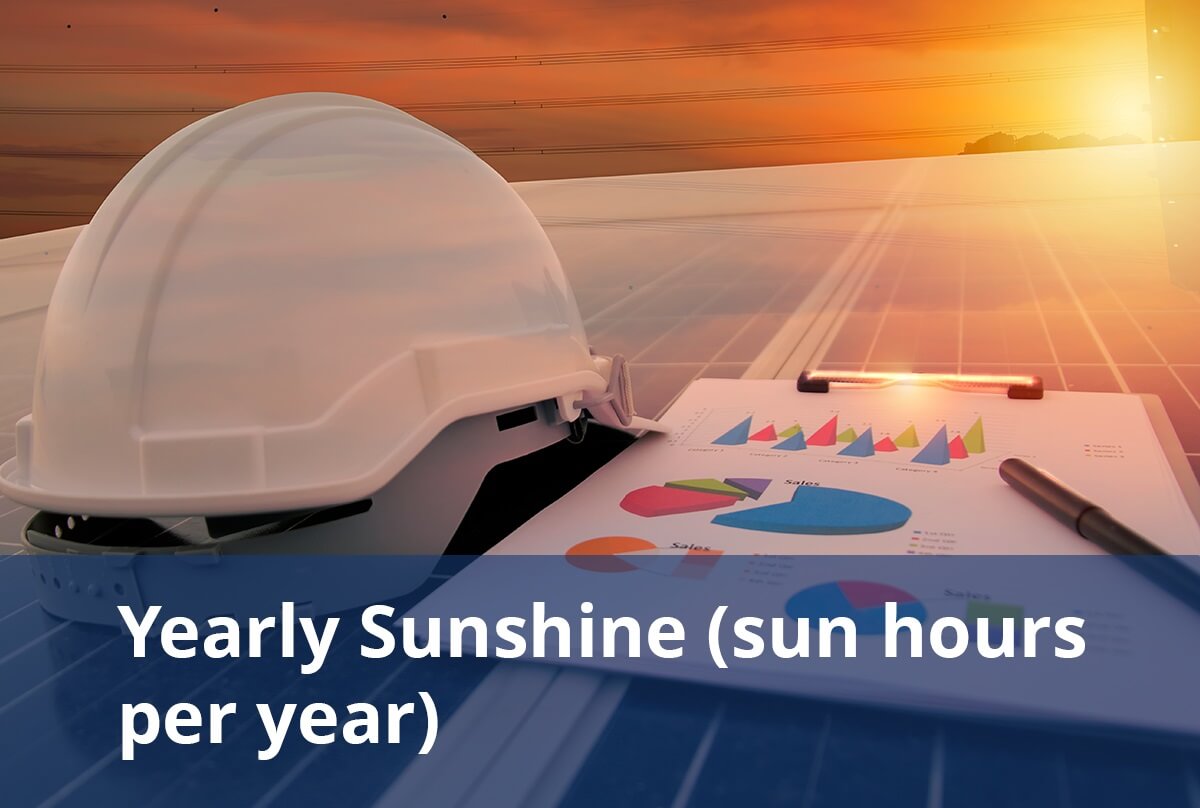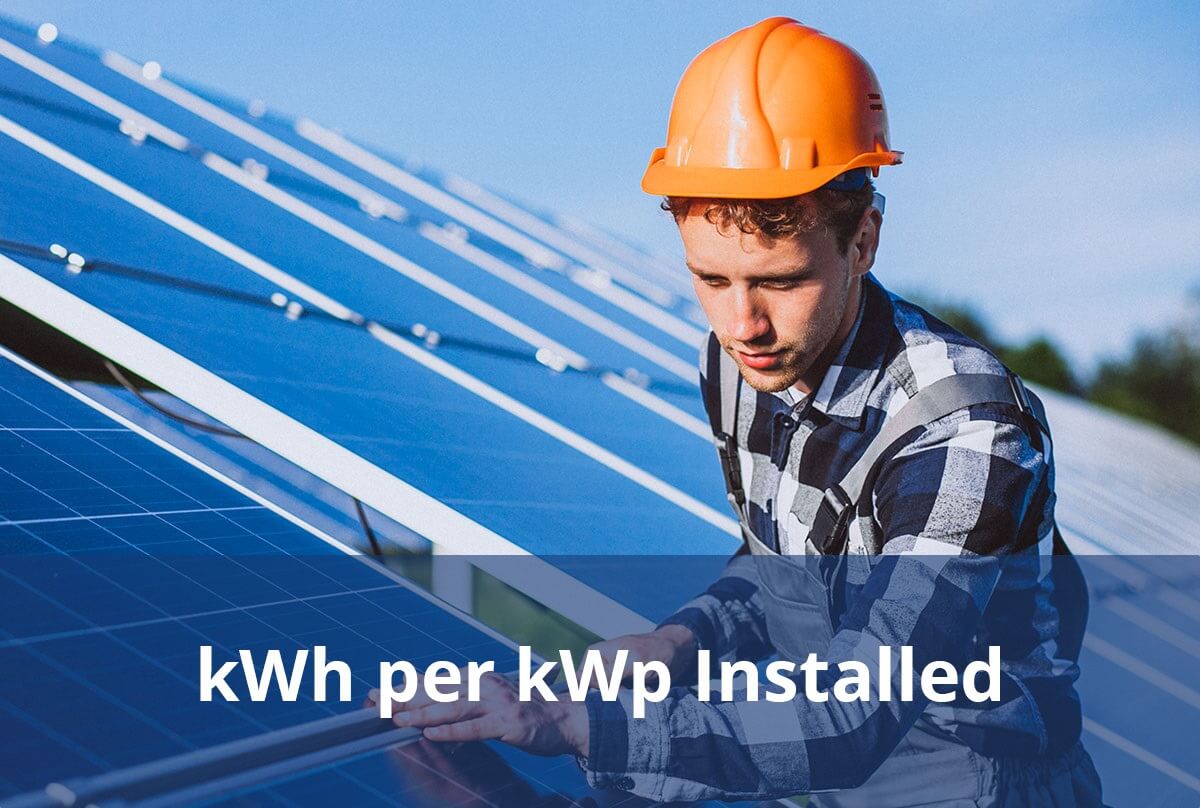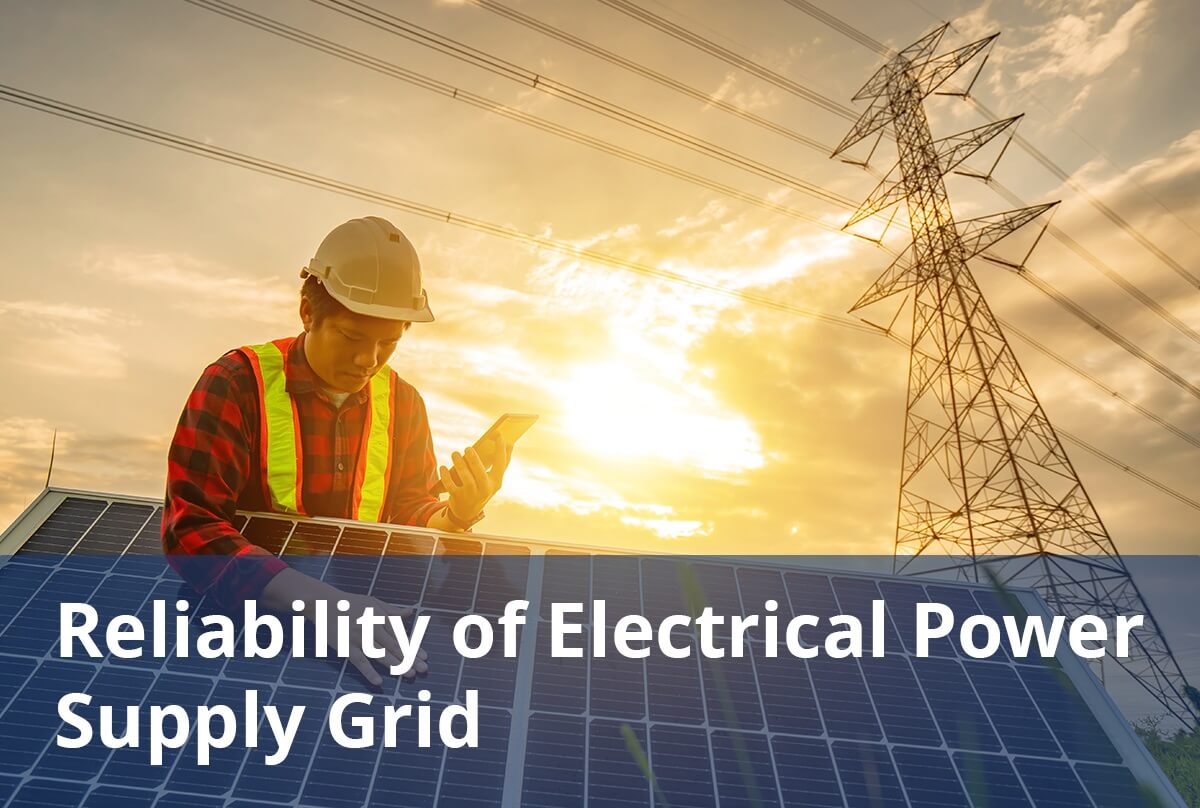Gain comprehensive insights into the statistics and metrics surrounding the solar production industry in Belgium

Sign Up Below to Access Our FREE Solar Module Production E-Course
Belgium Solar Report
Gain comprehensive insights into the statistics and metrics surrounding the solar production industry in Belgium
Key points
Yearly sunshine (sun hours per year)
Belgium receives an average of 1,585 hours of sunlight per year, which is out of a possible 4,383 hours (total daylight hours in a year). On average, this amounts to approximately 4 hours and 20 minutes of sunlight per day.


kWh per kWp installed
According to recent data, the average KWh/KWp/day of solar energy installation in Belgium is 2.98 kWh/kWp/day.
Average cost per kWh from utility company
In June 2024, the average wholesale electricity price in Belgium, when converted to US dollars, was approximately $0.066 per KWh. This marked a significant year-over-year decline of 35%. The drop followed a period of sharply increased prices between mid-2021 and August 2022, primarily driven by rising natural gas costs.


Reliability of electrical power supply grid
Access to electricity is 100% in Belgium and reliability of electricity is more than 99%.
Detailed Information
The Belgian solar photovoltaic (PV) sector is a notable component of the country’s power generation landscape, with an installed capacity of approximately 6,898 megawatts (MW) as of 2022. Belgium’s installed solar power capacity reaches approximately 8.30 GW at the end of 2023.
The Belgium Solar Energy Market is projected to expand from 8.30 gigawatts (GW) in 2023 to 10.64 GW by 2028, achieving a compound annual growth rate (CAGR) of 5.10% over the forecast period (2023-2028). This growth reflects the country’s ongoing investment in renewable energy infrastructure, regulatory support, and technological advancements in the solar sector.
Limited data available related to generation of electricity by source with respect to tariff. The following are the average cost of electricity generation (estimated) from different sources:
Following are the electricity generation percentages from different sources:
The daily availability of electricity in Belgium is approximately 24 hours, with a reliability of 99.99%.
In 2017, the solar PV market in Belgium was predominantly characterized by small systems, with nearly 63% of the installed capacity being under 10 kW, primarily residential rooftop installations. Larger systems, exceeding 250 kW, constituted about 20% of the total installed capacity, while systems between 10 and 100 kW made up 17.71%.
In 2015, Belgium’s residential solar PV sector showed significant potential with Flanders having 1,301 MW and Wallonia 666 MW of capacity, a technical potential of 7,327 MW and 3,753 MW respectively, an average system size of 3.87 kW by 2030.
There are 11 high-capacity solar farms are also installed in Belgium. As of recent reports, Belgium has several under-construction solar projects, including significant developments such as a 40 MW photovoltaic (PV) facility at Ostend-Bruges Airport and a 60 MW solar farm in Jemeppe, which involves 66,200 solar modules.
The daily availability of electricity in Belgium is approximately 24 hours, with a reliability of 99.99%. Belgium’s high electrification rate means traditional off-grid solar opportunities are limited; however, niche applications still exist, such as providing power in remote or isolated areas, serving as backup power during grid outages, supporting mobile or temporary installations, and offering solutions for those seeking energy independence and sustainability.
The average monthly salaries for solar energy professionals include:
These salaries reflect the average earnings for these roles and can vary based on experience, company, and specific job responsibilities
The population of Belgium is more than 11.72 million.
The average overhead costs for solar panel production in Colombia involve several components:
Raw Material Costs: Raw materials, such as silicon, aluminum, and copper, are major expenses. These costs fluctuate based on global supply and demand, geopolitical events, and economic conditions.
Belgium’s energy infrastructure is characterized by a diverse mix of energy sources and a commitment to achieving European Union (EU) energy and climate targets. The country has a federal structure, with responsibilities divided between the federal and regional governments. The federal government oversees large-scale energy infrastructure, including nuclear power and offshore wind, while regional governments manage renewable energy, energy efficiency, and local energy distribution.
Belgium’s National Energy and Climate Plan (NECP) outlines ambitious targets for 2030, including a 35% reduction in non-EU Emissions Trading System (ETS) greenhouse gas emissions compared to 2005 levels, a 17.5% share of renewable energy in gross final energy consumption, and significant increases in renewable electricity generation. The country has been expanding its offshore wind capacity, with a planned increase from the current 2.26 gigawatts (GW) to up to 3.5 GW by developing new offshore wind zones. Additionally, Belgium is investing in infrastructure to support the integration of renewable energy, such as the Triton Link between Denmark and Belgium and the Princess Elisabeth energy island. These projects are part of a broader effort to ensure a reliable, sustainable, and affordable energy system as Belgium transitions towards carbon neutrality by 2050
Here’s a summary of each regulation in a single paragraph:
These regulations collectively support the growth and integration of solar energy in Belgium, ensuring that the sector is well-regulated, incentivized, and aligned with broader energy and environmental goals.
Belgium has been actively involved in promoting solar energy and supporting the production and installation of solar panels through various government initiatives. Here are some key aspects of Belgium’s efforts in this area:
Incentive Programs:
Tax Benefits:
Regulatory Support:
Regional Initiatives:
These initiatives are part of Belgium’s broader strategy to transition to renewable energy and reduce greenhouse gas emissions. They reflect a commitment to supporting the solar industry and making solar technology more accessible to both individuals and businesses.
The success of solar energy in Belgium can largely be attributed to the collective awareness of the global renewable energy initiative among authorities. The country’s rapid development of its solar industry has attracted international investors to its PV markets. Here’s a summary of notable solar projects in Belgium:
Here are the notable solar companies in Belgium, formatted as requested:
Solar News Related to Belgium

Your First Step In Solar Production
In 2021, the global market size of solar power was valued at 167.83 billion USD, and it is projected to grow from 234.86 billion USD in 2022 to 373.84 billion USD by 2029, exhibiting a CAGR of 6.9% during the forecast period.

Premium Business Plan E-Course:
3 Weeks to a Perfect Solar Module Production Line
Low and High Budget Solar Panel Production Service

Turnkey Services:
We take care of all the planning and services needed for your turnkey solar module production line

Premium Support for Solar Panel Production Line
Solar Power Plant Service
We can help you start your own solar module production company. With our 100% turnkey service, we will deliver the needed machines, do a technology transfer, provide expert and excellent support, and help you with the know-how needed to start even if you don't have any previous experience in this industry.
Session expired
Please log in again. The login page will open in a new tab. After logging in you can close it and return to this page.